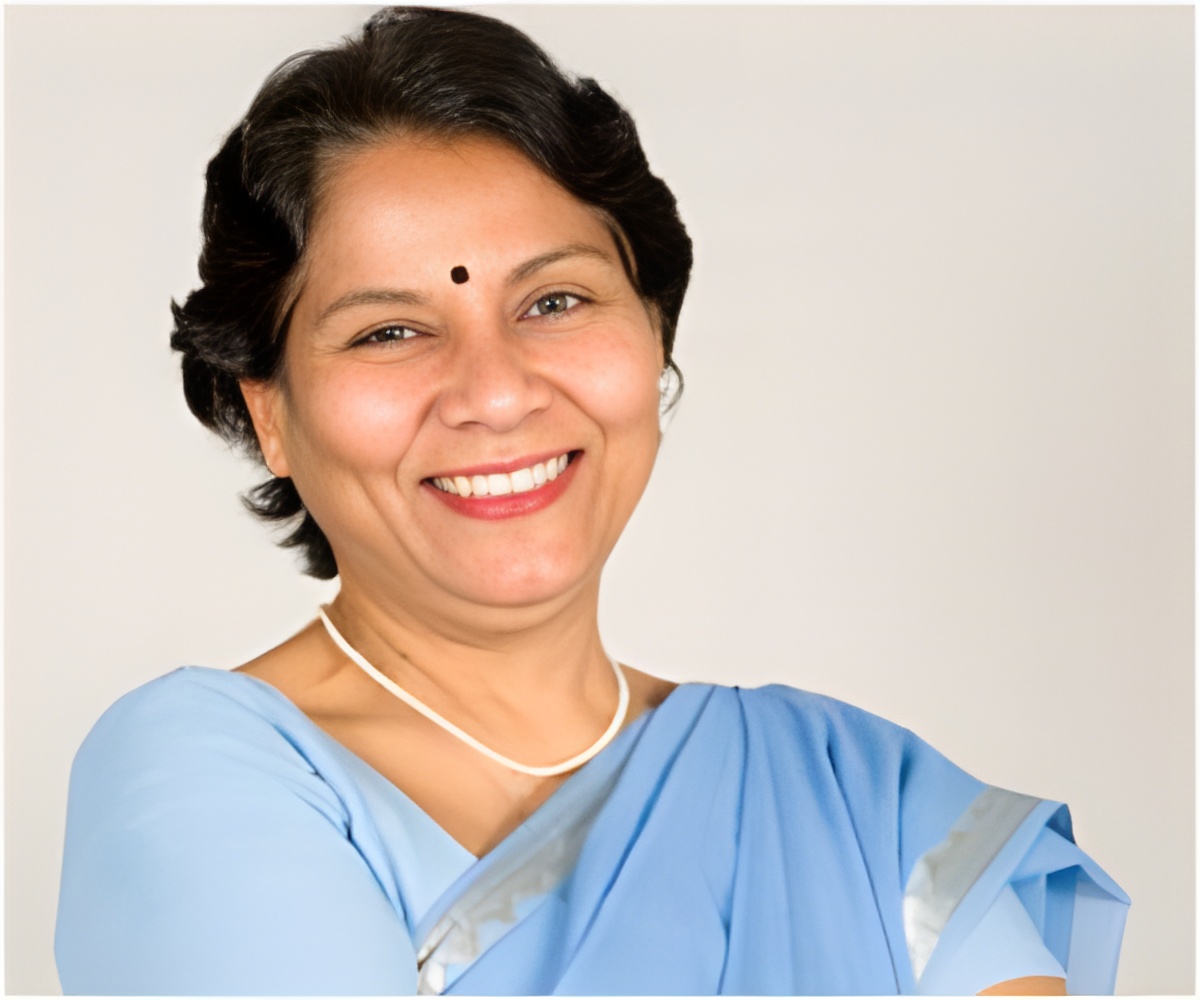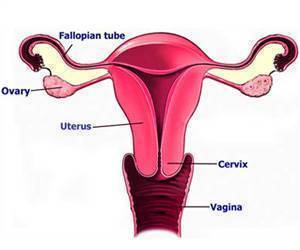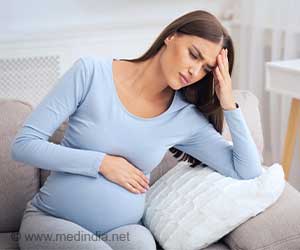The Endocrine Society commissioned Lake Research Partners to conduct a national survey of 424 internal medicine, family practice and OB/GYN physicians about their

Over the past 10 years, additional research has found that the level of risk depends on the individual woman, her health history, age, and the number of years since her menopause began. In general, younger women (under 60) who have recently started menopause are at a lower risk than older women when taking low doses of hormone therapy.
"Nearly every physician participating in the survey said menopausal symptoms have a negative impact on quality of life," said William F. Young, Jr., MD, president of The Endocrine Society. "It's important for a woman to know what hormonal and non-hormonal treatment options may be best for them to provide symptom relief, and that's why we developed the Menopause Map."
In May, The Endocrine Society and The Hormone Health Network launched The "Menopause Map", an online interactive tool that guides a woman through the different options available to get relief from her symptoms through a series of prompting questions about those symptoms and her personal health history. The Map also has links to questionnaires that help assess current risk for breast cancer, heart disease, and stroke. The tool weighs hormonal and non-hormonal therapies against the risks based on individual symptoms and medical history.
Findings from the survey include:
- The vast majority of physicians surveyed (90%) say they are very comfortable talking to their patients about menopause, while fewer (71%) say their patients feel the same way.
- Data suggest women may not be talking about all of their symptoms to their doctors – particularly to male physicians. While 55% of female physicians say it is very common for women to talk to them about a lack of sexual desire as a result of menopause, 38% of male physicians say the same. Our April 2012 survey found 28% of women ages 45 to 60 are currently experiencing moderate to severe lack of sexual desire as a result of menopause.
- While most physicians surveyed (71%) have a positive impression of hormone therapy, 73% say they are prescribing the treatment at lower rates than they were ten years ago.
- Physicians say women are not receiving hormone therapy because patients are uncomfortable with the risks and are unwilling to consider the option (88%). Many OB/GYN physicians (57%) also say women are confused about hormone therapy. Only 11% of women ages 45 to 60 have a favorable view of hormone therapy.
Advertisement
Advertisement










